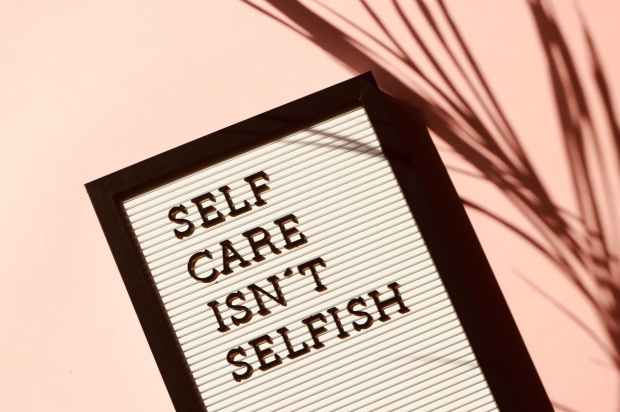Why Don’t Diets Lead To Sustainable Health?

Within a year of having my second child, I gained over 50lbs. The last thing on my mind was my weight increase. I was working from home full-time and the primary caregiver for two children under the age of three. I could have excused my additional weight by saying all the above things, including “I just had a baby,” but I knew I couldn’t excuse my behavior and circumstances. I stopped doing the one thing I knew should be at the top of my list. I put a halt to self-care.
If I didn’t get my weight under control, I knew it would be harder to lose weight at 200 pounds or more. So, after some trial and error with my exercise plan & routine, I banked on what I knew. I loved walking, and I had success losing weight before. I also thought about the legacy I wanted to leave, and my children reminded me that I wasn’t born overweight or obese. My actions and inactions led me to where I was.
I was never a diet person. Even as a diabetes educator, coach, and nurse, I promoted eating balanced and proportioned meals. The word diet has restrictions all around it, but I supported other’s decisions if they wanted to know more about a certain diet or meal plan. I wanted sustainable optimal health, and I knew that there was no quick way about it. I had heard too many stories of people gaining their weight back after having surgery or being on a diet. In many cases, they gained their weight back and then some. I
I am not totally against the use of diets. I know that any change in our behavior starts with the mind first. It is critical to understand the purpose of food and our body. Now, I love food. I love trying new food and cooking.
Here are five reasons I believe diets don’t lead to sustainable health.
- Your body is not a machine. It changes throughout life. The work you do to maintain your health is self-care.
- Diets, like medications, weren’t meant to be a cure.
- Your body requires certain nutrients. For example, your brain thrives on sugar to work effectively. I use themed meals to increase my chances of getting the right amount of nutrients. For example, Mondays and Fridays are Omega-3 days for my family and me.
- When you are more focused on meal plans, calorie restrictions, aka the process of eating, you are less in tune with your body and what it’s telling you.
- Calorie-counting and avoiding your favorite foods can be stressful. And with stress comes cortisol, which promotes fat storage, increased blood sugars, and other potentially harmful consequences.
Sometimes, like medications, we may need some additional help getting us back on track. But sustainable health means getting to the cause of our behavior. Our circumstances do not control our eating; we do.
Mental well-being thrives on getting to the root of why we do the things we do. When we negate the root of our behavior in one area of our life, we are more likely to do so in other areas (i.e., coping with trauma and expressing our pain).
Self-mastery, controlling what you eat, how you eat, how much, and where, is the foundation of sustainable health.
Thanks for reading my post!
Make this lifetime great! You deserve it. Please share this post and subscribe to my quarterly empowering newsletters.
Timika
